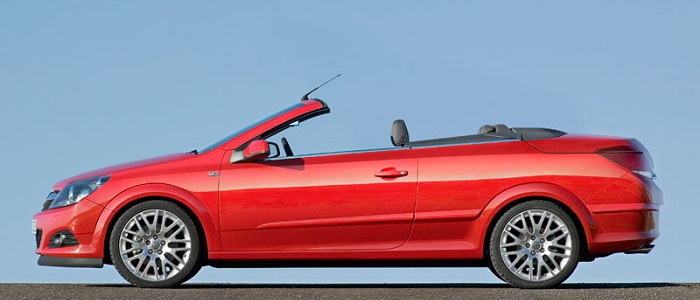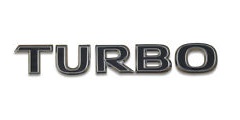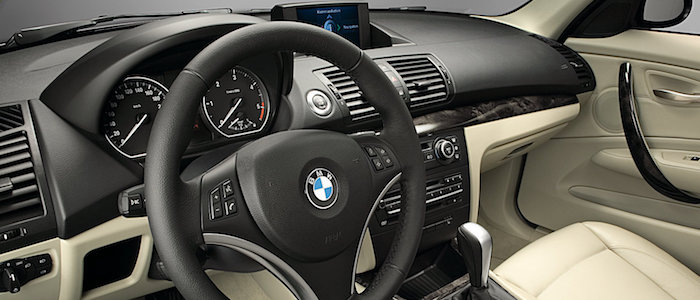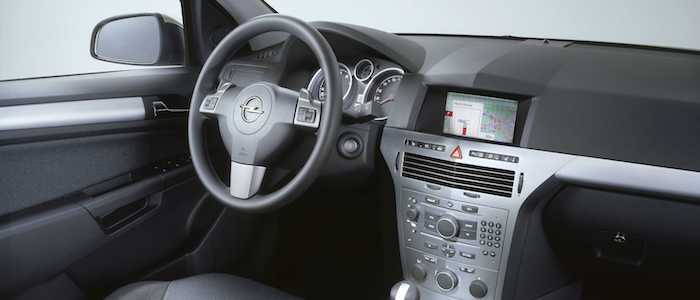Compare two cars
Compare any two cars and get our Virtual Adviser™ opinion
Marketing
Dimensons & Outlines
Engine
2.0 Z20LER
Performance (manual gearbox)
Performance (automatic gearbox)
Expenses
Virtual Adviser's™ opinion
Two significantly similar cars, no doubt about that. Still, each one has something different to offer. Having both cars powered by petrol engines and utilizing the 2-door cabriolet body style within the same 'Small family car' segment, the only major difference here really is their wheel drive configuration (rear for the BMW and front in the case of the Opel). The first one has a BMW-engineered powertrain under the hood, a 4-cylinder, 16-valves 143hp unit, while the other one gets its power and torque from a 4-cylinder, 16-valves 200hp engine designed by Opel.
SafetyBoth vehicles got tested by European New Car Assessment Programme (Euro NCAP), with the same number of safety stars gained in the process. That aside, let's consider some other aspects which affect safety. Both vehicles belong to the small family car segment, which is generally classifying them somewhere in the middle safety-wise, but it doesn't do much to help us decide between the two. On the other hand, when it comes to weight, a factor that most people underestimate, Astra offers a marginal difference of 9% more metal.
ReliabilityReliability is not the best thing to consider on the make level, but it is worth mentioning that Opel does have a slight advantage, when all the models are taken into account. That's the official data, while our visitors describe reliability of BMW, as well as Opel, with the same average rating of 4.2 out of 5. Independent research findings rank 1 Series as average reliability-wise, and Astra is more or less at the same level.We should definitely mention that owners of cars with the same powertrain as 1 Series rank it on average as 3.1, while the one under the competitor's bonnet gets 4.3 out of 5.
Performance & Fuel economyOpel is a bit more agile, reaching 100km/h in 0.4 seconds less than its competitor. In addition to that it accelerates all the way to 237 kilometers per hour, 27km/h more than the other car. When it comes to fuel economy an obvious choice would be 1 Series, averaging around 6.6 liters of fuel per 100 kilometers (43 mpg), in combined cycle. That's 44% difference compared to Astra!
Verdict
Opel appears just a bit more reliable, although the difference is truly marginal. The most important thing when deciding between any two vehicles should always be safety, both passive and active. In my opinion, everything taken into account, Astra offers slightly better overall protection and takes the lead. It all continues in the same direction, with Opel offering somewhat better performance, just enough to call it quicker. It does come at a cost though, and that's the fuel consumption... I believe that, when we take all into account, we have only one winner here - the BMW. In any case that's my personal view, built upon all the data available to me. What should decide here though is the way you feel about the two vehicles, and I hope you'll find my guidelines useful in the process. In case you have two minutes to spare I invite you to define your needs, desires and budget and see which car would be chosen by the virtual adviser™, out of 12.000+ vehicles we currently have in our database.
































